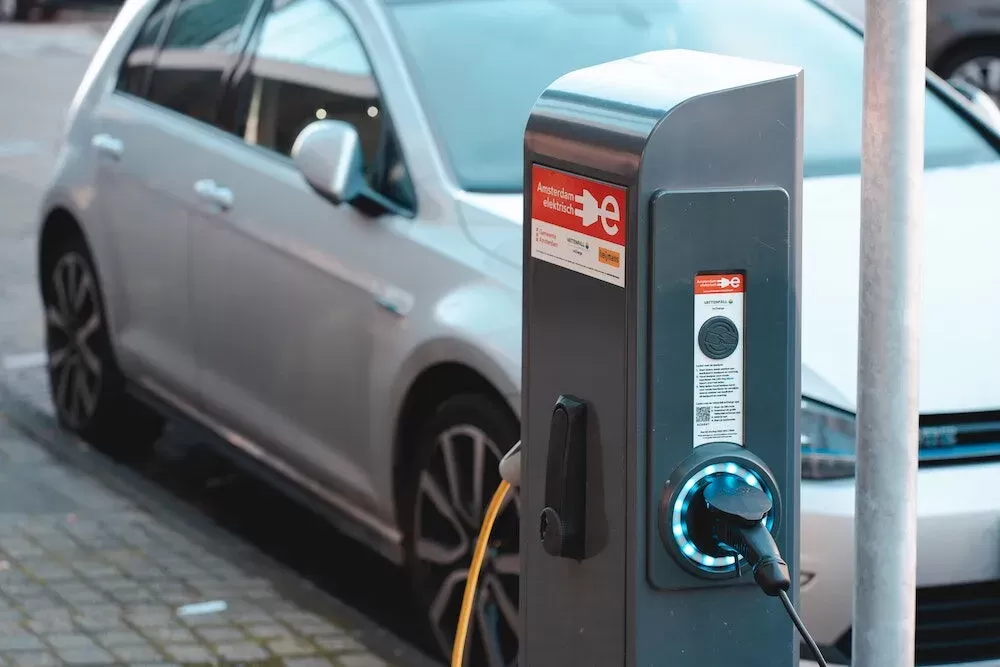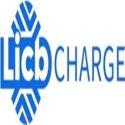Notifications

6 minutes, 41 seconds
-16 Views 0 Comments 0 Likes 0 Reviews

Introduction
As a leading EV charger manufacturer in China, LiCB Charge delivers reliable AC and DC electric vehicle charging stations along with comprehensive charging solutions.
The electric vehicle (EV) revolution is accelerating rapidly, driven by government policies and industry commitments worldwide. In the United States, for example, the Bipartisan Infrastructure Bill allocated $5 billion for EV charging infrastructure—yet this falls far short of the estimated $87 billion needed to achieve 100% EV sales by 2035, and that figure only accounts for passenger vehicles. Bridging this gap will require significant private sector involvement, with the real estate industry playing a critical role.
What once seemed like an optional amenity is quickly becoming essential. Whether retail, residential, or commercial, properties without EV charging capabilities risk losing their competitive edge. Beyond passenger vehicles, the coming surge in commercial EV fleets—especially medium and heavy-duty trucks—presents a massive opportunity. Real estate developers who act now to create charging hubs designed for these fleets will be well positioned for the future.
The EV Charging Imperative for Real Estate
Global EV sales are projected to exceed 14 million units in 2024, with electric vehicles expected to account for nearly 60% of new car sales by 2030 (International Energy Agency). This rapid adoption is reshaping real estate demand. According to the Urban Land Institute, properties with EV charging stations can see value increases of up to 7% in residential markets and 15% in commercial spaces. Moreover, 77% of EV drivers actively seek properties with reliable charging access.
Meeting this growing demand requires more than basic chargers. Real estate developers must implement scalable, efficient, and user-friendly charging solutions that enhance tenant satisfaction and maximize long-term property value.
Boosting Property Value and ROI
Installing EV chargers is a strategic investment. Commercial properties equipped with charging stations can generate up to $0.50 per kWh, translating to $1,500 to $3,000 per month per charger in additional revenue. In residential markets, EV charging capabilities can boost rental rates and resale values by appealing to tenants and buyers who prioritize sustainability and convenience.
Partnership opportunities also exist. Collaborations with charging networks and utility companies can unlock incentives and shared revenue streams, helping offset upfront installation costs and improving overall returns.
Enhancing Tenant Satisfaction and Retention
EV drivers strongly prefer properties with accessible charging options—2.5 times more likely to choose locations offering this amenity. Smart features such as real-time reservations, automatic payments, and minimal wait times further enhance the user experience and demonstrate a commitment to sustainable, modern living.
Commercial tenants also benefit. Businesses increasingly seek to align with environmental goals, and providing EV charging stations supports their sustainability commitments. Retail centers with chargers can attract more visitors and encourage longer stays, directly benefiting sales.
Future-Proofing Real Estate Investments
As EV adoption climbs, properties lacking charging infrastructure risk becoming obsolete. By 2035, EVs are expected to dominate the automotive landscape, with global charging infrastructure investments exceeding $150 billion annually.
Future-proofing means more than installing chargers today—it requires planning for scalability, energy management, and compatibility with evolving EV technologies. Modular systems that allow for easy upgrades ensure infrastructure remains relevant and valuable for decades.
The Rise of Commercial EV Fleets
While residential charging remains important, the largest growth lies in commercial EV fleets. Logistics and transportation companies are electrifying medium and heavy-duty trucks to reduce emissions and lower costs. This shift demands high-power DC fast chargers, ample space for large vehicles, and amenities for drivers during charging waits.
Real estate developers can capitalize by creating specialized charging hubs offering not just fast charging, but also maintenance services, driver lounges, and logistics coordination. Integrating renewable energy sources like solar panels enhances sustainability and reduces operational costs.
Overcoming Challenges
Integrating EV charging infrastructure presents challenges such as upfront costs, permitting, and grid capacity limits. However, these can be mitigated through strategic partnerships with utilities, government incentives, and careful planning.
Choosing chargers with remote monitoring simplifies maintenance, while investing in energy storage and demand response technology helps manage grid load and avoid disruptions—especially important for large commercial hubs.
The Road Ahead
The EV revolution is transforming transportation and real estate alike. Installing EV charging stations is no longer optional—it’s a strategic imperative. Developers who adopt scalable, efficient, and user-friendly charging solutions now will secure their properties’ value and appeal well into the future.
By 2035, properties equipped for EVs will stand out as prime investments, ready to meet the demands of a fully electrified automotive market. The time to act is now.
Conclusion
Electric vehicle adoption is reshaping real estate markets worldwide. For developers, investing in EV charging infrastructure is key to attracting tenants, boosting property values, and capturing new revenue opportunities. With commercial EV fleets on the rise, creating specialized charging hubs presents even greater potential. Smart, forward-thinking investments today will ensure properties remain relevant, profitable, and sustainable for years to come.Know more about Google SEO Directory
China EV Chargers EV Charger Manufacturer Smart EV Chargers Electric Car Chargers Electric Vehicle Chargers Electric Car Charging Stations

